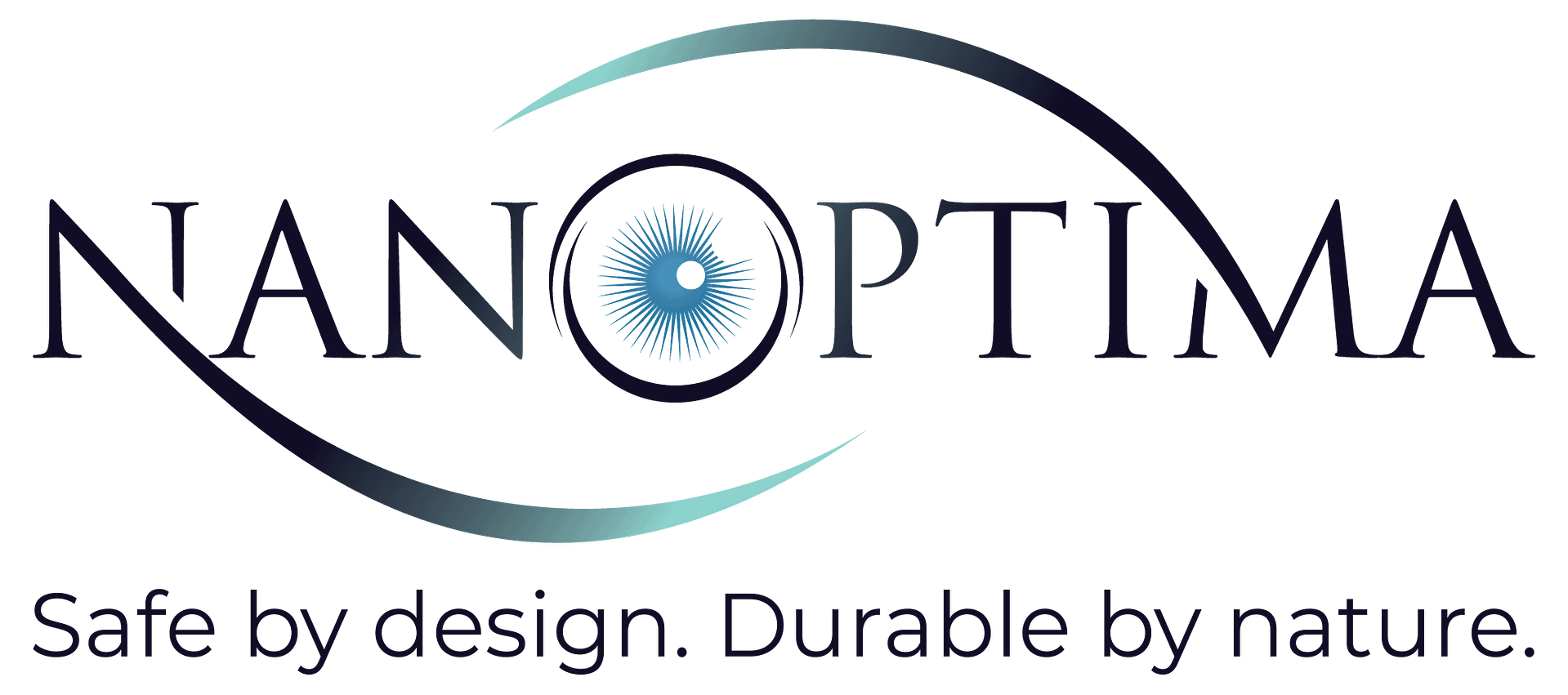About
Age-related macular degeneration (AMD) is now a colossal healthcare challenge… Treatments as they currently stand are already at breaking point and arguably unsustainable in terms of cost to patients and healthcare systems
UK Director, Institute of Ophthalmology
Our Mission
NanOptima has developed controlled release drug deports that have the potential to reduce intraocular injections from 10-12 times, to as little as twice per year.
With these revolutionary safe depot treatments, applicable to multiple drugs and diseases, NanOptima aims to radically improve the current standard of care for retinal diseases, maintaining steady intraocular drug concentrations over prolonged periods, unlike standard injections
- With no cure available, there is an urgent need for innovation in treatment options for age-related macular degeneration (AMD), (NICE Guidelines, NG82), the leading cause of irreversible blindness, affecting over 570k people in the UK and 200 million globally (National Eye Institute, NIH), accounting for ~30% of people over 75.
- Aging populations and rising incidence of obesity and diabetes contribute to increases in AMD, and the important need for sight-saving anti-VEGF treatments that can be injected much less frequently than current intervals.
- Treatment for AMD involves frequent intravitreal injections (IVT) of anti-VEGF drugs like Eylea and Lucentis. One of the most common medical procedures globally, around 7 million injections are administered annually in the US and over 520,000 in the UK. However, at 40% noncompliance and only 25% of patients adhering to the recommended treatment schedule, progressive sight loss results.
- These frequent injections place immense "strain" on healthcare systems ("a colossal unsustainable healthcare challenge") and cost the NHS £1.6 billion per year in direct treatment costs, while the US incurs $2.7 billion in drug costs alone (Bright Focus Foundation, 2023).
Unmet Clinical Need
There is an urgent need for anti-VEGF treatments that can be injected much less frequently than current treatments.
Aging populations globally and rising incidence of diabetes contribute to continuing increases in age-related macular degeneration (AMD) (Visiongain 2019). AMD now affects 10% of people over 65 and 25% of people over 75 (INSERM 2014). AMD costs the UK approximately £1.6b/year (RNIB 2020).
Sight-saving anti-VEGF injections for wet-AMD in UK increased 215% between 2010/11 and 2014/15 (BMJ Open 2017); the NHS is unable to cope with demand for injections, with outpatient appointments rising 30% in recent years (Macular Society, 2016).
AMD affects
25%
of people over 75
AMD injections increase d by
215%
between 2010/11 and 2014/15
